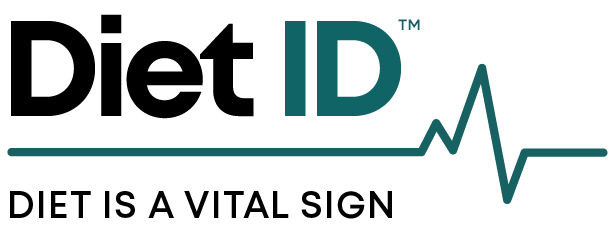You already know that Diet ID is used as a diet assessment and digital health coaching tool in worksite wellness, healthcare, and coaching. But did you know that we have partners in research and academia as well?
Diet ID is on a mission to make it effortless for researchers to assess diet quality using a validated tool. Our visual-based assessment process is designed to save researchers time and money, while providing reliable nutrient and food data that can be used among a wide variety of research scenarios. The tool has been validated against the 24-hour recall and the semi-quantitative Food Frequency Questionnaire, and is undergoing additional validation studies.
Over 15 academic institutions and clinical researchers are now using Diet ID’s web-based tool to assess current dietary intake and diet quality in as little as 60 seconds. Partners include Advent Health, Boston Heart Diagnostics, and the Center for Brain Health - University of Texas, Dallas.
Researchers studying nutrition have historically relied on long-form, paper-based surveys, such as the Food Frequency Questionnaire or 24- Hour Recall to gather food intake information and establish a baseline quality score of current dietary intake. These tools can take up to 90 minutes for a participant to complete, and even more time to analyze. The friction associated with this process is not only expensive to administer, but also cumbersome to implement, making nutrition research notoriously expensive and time consuming.
Our research partners love that our tool measures diet quality using the Healthy Eating Index 2015, a validated scoring algorithm. It also provides detailed information about diet type and estimated nutrient and food group intake of a complete list of nutrients and food groups. Data are provided in real time and can be used to risk-stratify, measure ROI, establish correlations, test hypotheses, develop public health initiatives, and assess the effectiveness of a variety of interventions.
To learn more about how to use Diet ID in a research project, please visit this page.



